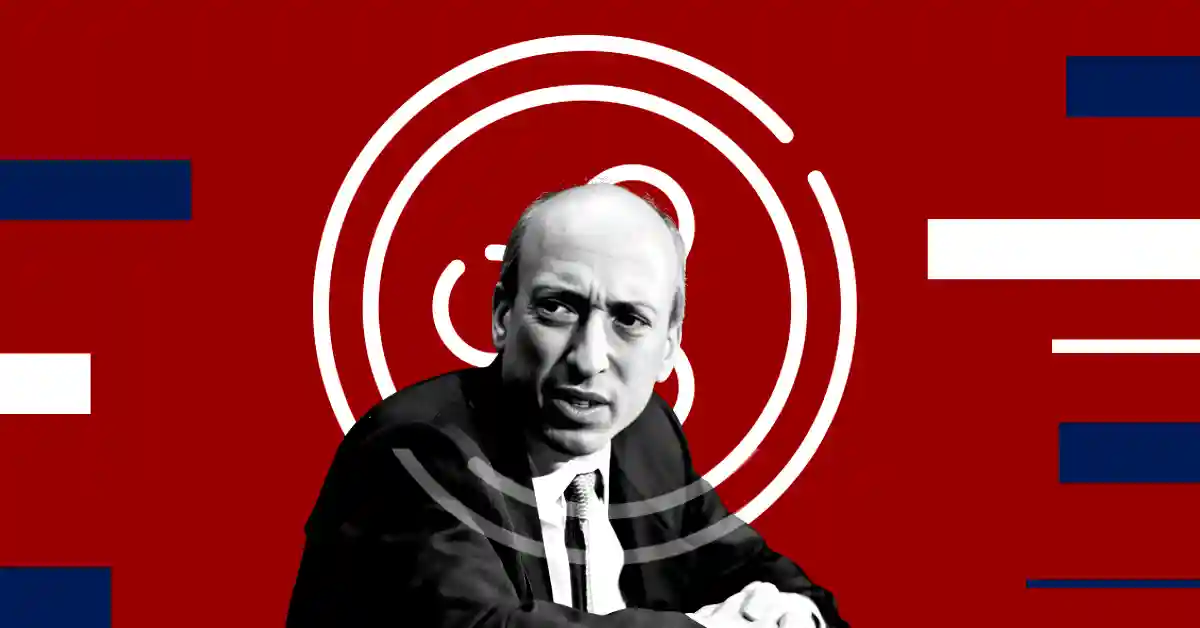With the recent Ripple appeal, the SEC and its chair Gary Gensler are back in the spotlight as the XRP community voices strong opposition to the agency. This new twist has extended the already delayed case timeline, with some speculating it could now stretch until 2026. American venture capital investor Tim Draper appeared on the Thinking Crypto podcast and discussed SEC’s recent actions and their impact.
Ongoing Challenges for the SEC
Draper noted that Gary Gensler, the SEC chair, has faced losses in court, not just with Ripple but also with the Grayscale lawsuit and others. This raises questions about the SEC’s strategy and effectiveness in regulating the crypto industry.
Predictions for the Future
One of Draper’s key predictions is that eventually, the incumbents currently fighting against cryptocurrency will begin to adopt it. He expressed optimism about the political landscape, mentioning that at least one, if not both, presidential candidates are starting to embrace Bitcoin and other cryptocurrencies as tools for innovation.
Innovation Beyond Borders
Draper brought to attention a critical issue: many innovative American companies are geofencing their products, meaning they are limiting their operations to outside the U.S. due to the restrictive regulatory environment. He said that while innovation thrives globally, American companies are at a disadvantage because of the SEC’s outdated regulations.
The Need for Change
Draper argued that the SEC is operating under an “80-year-old set of laws,” which are no longer relevant in today’s fast-evolving tech landscape. He stressed that if the U.S. wants to maintain its competitive edge, particularly in Silicon Valley, it must embrace the innovation happening in the cryptocurrency sector.
Political Encouragement
Draper said that both presidential candidates appear to recognize the importance of cryptocurrencies. He noted that Donald Trump has positioned himself as the “crypto president,” even stating he would fire Gary Gensler. Similarly, Kamala Harris seems to share these sentiments, which Draper finds encouraging.










